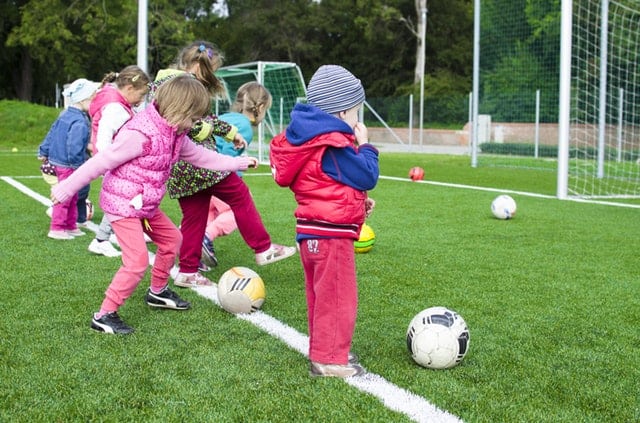Developing a Passion for Learning Outside of the Classroom
Learning should reveal the sparkle in children’s eyes when they make new discoveries. Children who develop a passion for learning outside the classroom tend to have a thirst for knowledge that helps them excel. Their curiosity knows no bounds. As children age, however, they tend to lose this curiosity and become sucked into the mundane routine of traditional school life. This doesn’t have to be true for your children. You can provide the at-home support your children need to develop a passion for learning. Here’s how.
Know your child’s interests
Children learn better when they’re doing something that interests them. Your child may be passionate about learning to play the guitar, painting a masterpiece, or shooting basketball hoops…the possibilities are endless. There are 2 ways to identify your children’s passions:
- Observe your children’s behavior and interactions. What do they readily gravitate towards? Is there anything that you notice they are particularly good at?
- Have a conversation with your children where you simply ask what they like to do.
Your role is not only to support your children in honing their skills, but it’s also to help them transfer the discipline they use to pursue their passions into their academic lives. It’s about striking a balance; they must put effort into areas they don’t necessarily love that much. Developing this habit helps them become well-rounded and disciplined.
Be a good role model
The clichéd phrase “actions speak louder than words” is applicable here. Your children keenly observe what you do. A disconnect develops in their minds when what you do doesn’t match with what you say. Show your child that you also have a passion for learning by making a commitment to learning something new. Develop the habit of reading for at least 15 minutes each day and putting the new skills you learn to the test. Your children will respect you for it and want to mirror what you do. Additionally, talk about your learning experience with your child. Children often feel that they’re alone in their learning struggles; that their parents don’t understand. They need to see that you also have obstacles that you must overcome when learning something new. For instance, you may be introducing a new exercise to your workout routine. However, since it’s an exercise you’ve never done before you’re making a lot of mistakes. You push through the mistakes regardless because you know the final outcome outweighs the challenges.
Be your children’s biggest cheerleader
Your children’s passion for learning must be supported by your enthusiasm. They need to feel like they are more important than their job and the stresses of life. You must take the time to attend their events, listen to them recite or practice, and make the right connections. Feeling that support boosts their confidence and increases their passion for learning.
There isn’t always a right answer
Learning is too often portrayed as a quest to find the only true answer with adults being the gatekeepers of knowledge. True learning is a process of discovery and there are things your children will identify that you probably wouldn’t have thought about. Create opportunities for discovery learning at home by purchasing games and activities that facilitate it. Give your children positive reinforcement when they make new discoveries by praising them for the specific discoveries made. For instance, if your child has discovered a new way to put his Lego set together to create a house you can say, “Wow! I love how you’ve put the pieces together. Are there any other arrangements you think you can make?” Don’t say, “Wow! You’re so smart!” Empty praise is meaningless. Your children can develop the habit of a lifelong learners with the right support. This support begins with identifying your children’s passions and supporting their pursuits. It also involves being a role model for your children by developing your own passion for learning and sharing your learning journey with them. Create the environment for discovery learning at home and you’ll truly develop children who’re curious about learning.

